To succeed in digital transformation, press agencies must face many different challenges, from restructuring the organization, personnel and especially constantly updating and applying new technology.
However, there is a common challenge that every news organization in the region, as well as the world in general, needs to create a balance in the face of the pressure of rapidly developing social media and technology platforms.
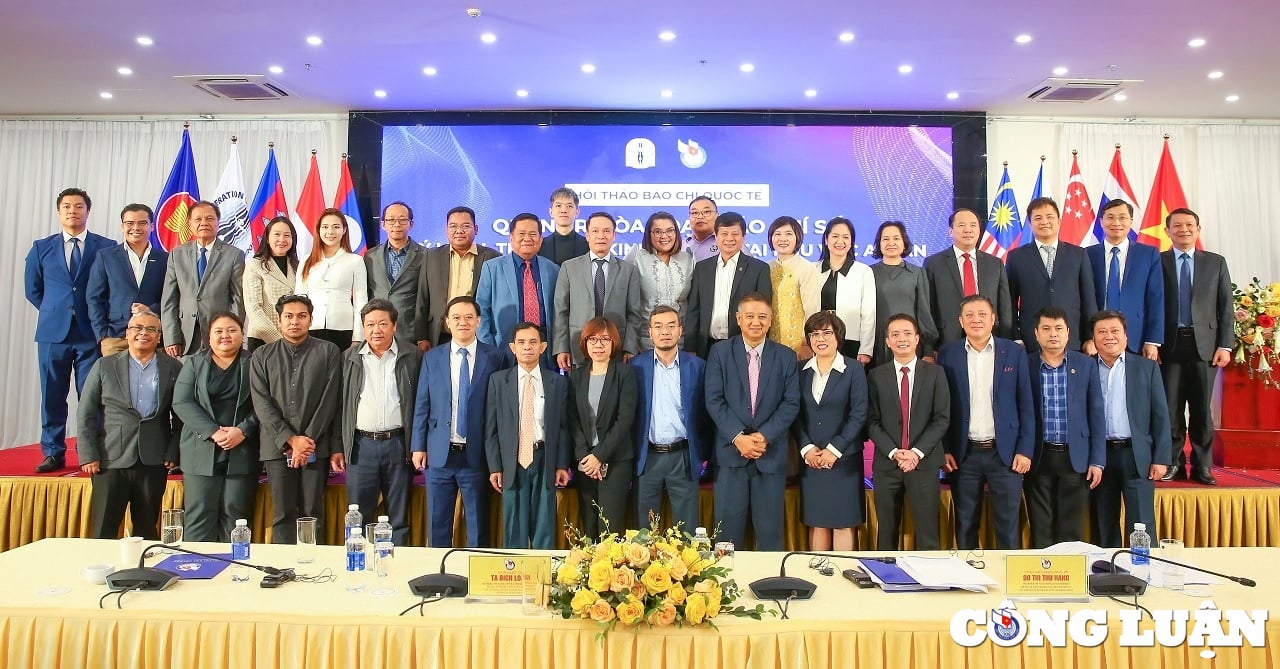
Leaders and delegates attending the International Journalism Conference: “Managing digital newsrooms: Theory, practice, and experience in the ASEAN region” took a group photo to show solidarity.
ASEAN press under pressure from social networks
That is also the opinion of Mr. Agus Sudibyo, Chairman of the Supervisory Board of the Public Broadcasting Agency TVRI under the Indonesian Journalists Association. He stated: “As is the common situation in ASEAN countries, Indonesian journalism is also facing great challenges in the digital age. The journalism economy is declining in Indonesia as revenue is being controlled by technology giants. According to statistics, 76 to 81% of news is distributed through technology platforms such as Google and Facebook. Digital advertising revenue in Indonesia is also monopolized by Google and Facebook.”
Therefore, he suggested: “In the face of the monopoly power of Google and Facebook, we cannot go it alone, but we need to build cooperation, not only between press agencies in a country, but also in the region and even internationally.”
In particular, Mr. Agus Sudibyo believes that one of the important ways to protect the press is to build sanctions that force social networks and technology to comply with common regulations in media activities and copyright laws, helping the press not be oppressed by giants like Facebook and Google, or even "steal" press content.
According to him, Indonesian media organizations are working together to develop a five-step process for this mission, which includes lobbying the government, media groups, parliament, and social media platforms themselves, to create regulations that ensure fairness for the press. It can be said that this plan is very similar to laws in Australia and recently Canada that force social networks and other technology platforms to share profits with the press.
The challenge of social media platforms was also seen as a major issue to overcome in most other countries in Southeast Asia, in many different aspects. For example, a delegate from the Philippines, senior journalist Maria Maralit of The Malina Times, said that the mass media coverage of information on social media is also a risk. Besides the continued reliance on technology platforms, a major risk is the issue of “misinformation”. She said: “Operating on social media platforms also creates challenges, especially in controlling misinformation. When even major news organizations can fall into the trap of ‘clickbait’ on these platforms.”
Meanwhile, Mr. Khieu Kola, Advisor to the President of the Cambodian Journalists Club (CCJ), said that emerging media, such as citizen media, social media, especially on Facebook, are developing strongly. And this is a big challenge for Cambodian press organizations when the digital transformation of journalism in this country is still not really developed.
More cooperation and policies to protect the press are needed.
In Laos, the growth of social media channels is also booming, making information difficult to control. Specifically, according to Mr. Aditta Kittikhoun from the Lao Journalists Association with the title: “From Print to Pixel: Lao Media Revolution”, up to 62% of internet users in this country are using social media as a channel for exchanging news.
Meanwhile, according to the data in the presentation, Laos has only 24 newspapers, 32 television stations, and 44 radio stations. That means, like Cambodia, social media and technology platforms can easily “crush” traditional press channels in this country. As we know, even countries with a strong and populous press are struggling under pressure from social media and technology platforms.

AI-generated photo in the presentation of the delegation of the Lao Journalists Association. Photo: AI
However, according to expert Aditta Kittikhoun, the press cannot avoid social media channels or new technology platforms, but must see them as both a challenge and an opportunity. For example, the fact that every citizen can become a reporter in this era also means that the press will have many information channels to exploit.
Meanwhile, especially with the use of Artificial Intelligence (AI), journalism will be easier for countries where the press is still limited in resources like Laos. He also gave an example when he released an impressive photo created by AI to describe his presentation, saying that it was created in “just 10 seconds”.
Among his recommendations, Mr. Aditta Kittikhoun also said that policymakers in ASEAN countries should support journalism in the digital transformation era by introducing regulations to control social networks, through increasing taxes, censoring misinformation and controlling copyright violations on technology platforms.
Finally, most of the speakers, domestic and international experts at the Workshop agreed that with the overwhelming power of global technology platforms, we cannot work alone, we need to build networks and cooperation between countries in the region.
And the International Journalism Conference: “Digital Journalism Newsroom Management: Theory, Practice, Experience in the ASEAN Region” which just ended this afternoon certainly contributed significantly to helping build greater cooperation between the ASEAN press community in the future.
Hoang Hai
Source


![[Photo] Prime Minister Pham Minh Chinh receives Ambassador of the French Republic to Vietnam Olivier Brochet](https://vphoto.vietnam.vn/thumb/1200x675/vietnam/resource/IMAGE/2025/5/13/f5441496fa4a456abf47c8c747d2fe92)
![[Photo] President Luong Cuong awarded the title "Heroic City" to Hai Phong city](https://vphoto.vietnam.vn/thumb/1200x675/vietnam/resource/IMAGE/2025/5/13/d1921aa358994c0f97435a490b3d5065)
![[Photo] President Luong Cuong attends the inauguration of the international container port in Hai Phong](https://vphoto.vietnam.vn/thumb/1200x675/vietnam/resource/IMAGE/2025/5/13/9544c01a03e241fdadb6f9708e1c0b65)
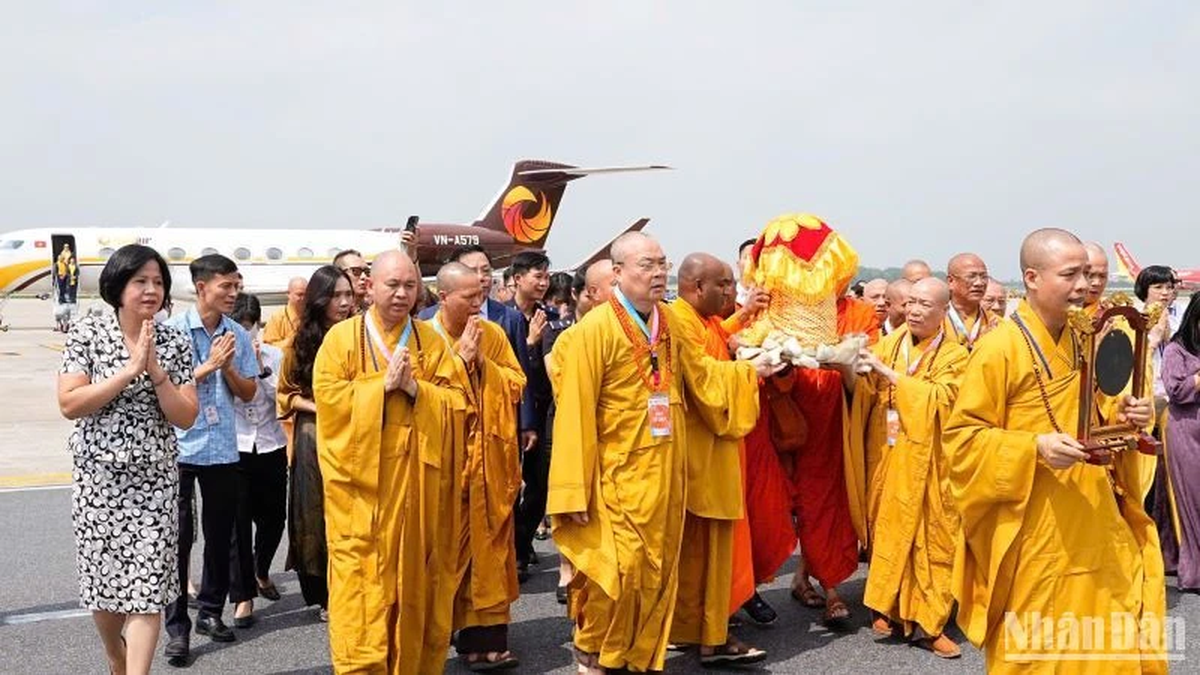
![[Photo] Many people in Hanoi welcome Buddha's relics to Quan Su Pagoda](https://vphoto.vietnam.vn/thumb/1200x675/vietnam/resource/IMAGE/2025/5/13/3e93a7303e1d4d98b6a65e64be57e870)



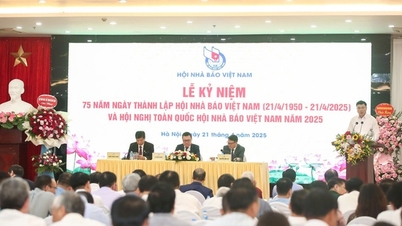

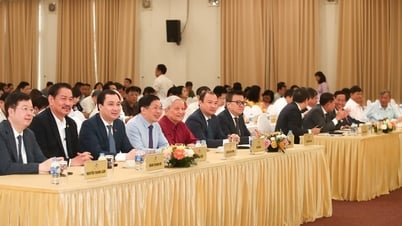

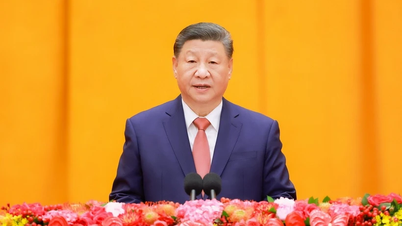


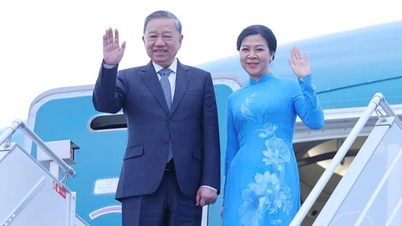

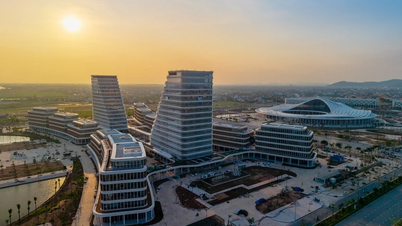


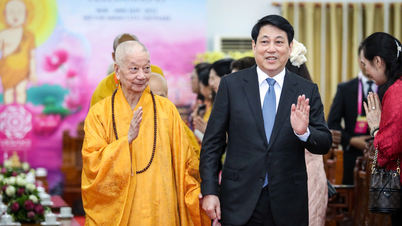




























































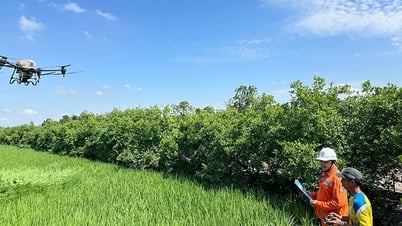
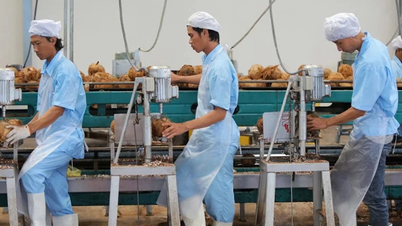

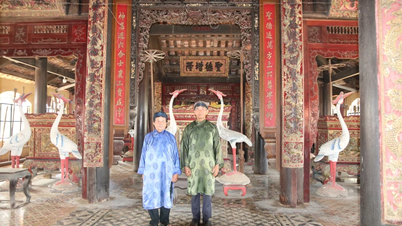
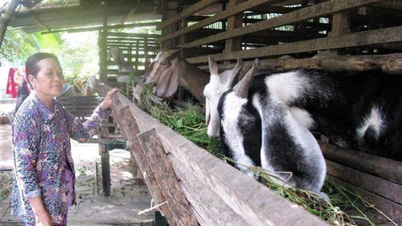










Comment (0)